I was just a kid when I first heard the word wilderness, and being a good Methodist in those days, it came to me in its purest religious sense. While I have a knack for recalling trivia, I must admit my Biblical knowledge fails me on most counts.
Still it sounded intriguing and mysterious, even to a five year old. Just a year or so later, when we moved from our downtown apartment to one of the first suburbs of Louisville, Kentucky I thought I’d found my own wilderness, right in my backyard. Glen Meade Road poked a solitary asphalt finger into what had been farm land for almost 200 years. Of course, the country had already been altered beyond recognition once by early white settlers in the late 18th Century. Kentucky was dense with hardwood forests and between these magnificent trees, “cane brakes” extended for miles in all directions.
By the time we moved to Glen Meade, the virgin forests were gone but their descendents were still strong and tall and sported diameters of four feet or more. And cane brakes still clung to the edges of the forests and made perfect thickets through which to cut secret trails from one hideout to the next. Behind our house, a wheat field stretched across an eternity of space, bright and golden in the summer sun. And beyond the field, beyond the reach of any five year old, lay a forest as dark and impenetrable as any fortress Nature could construct. We called it “The Woods.”
No matter how old I live to be, no matter where I may travel on this planet, there will never be a place so full of mystery and excitement and adventure as was The Woods to my friends and me. The stories and legends that grew out of those trees still rekindle powerful feelings, even after all these years.
My friends and I knew the place was haunted. An old cemetery, consumed by grape vines and poison ivy, was a perfect breeding ground for spirits. We were sure that a remnant population of bears still resided deep within the forest. Never-before-seen bottomless swamps teemed with slime and dead bodies and poisonous snakes. Most frightening/exciting of all, reports of a hobo camp in The Woods, led by the notorious Big Lips Louie, sent chills up and down our spines when we discussed the possibilities.
This was wilderness. It had no designated boundaries and in our minds it went on forever. Wilderness was more than the sum of its parts. It was…unexplainable. It was a Mystery.
It was also free. The Glen Meade Road Gang and kids like us everywhere invented our own childhoods, one gloriously unscheduled day at a time. It was my training ground really for the life that would follow.
Jump ahead a few decades to the early years of the 21st Century and a familiar Zephyr topic—the commercialization of wilderness. It’s a multi-billion dollar industry and still leaves me as much bewildered as anything else. If it’s true that a fool and his money are soon parted, what is it about 21st Century recreationists that makes them such fools and so eager to empty their pocketbooks in the first place? What created the demand for such a cornucopia of sporting gear and planned “Adventure Activities?” There was a time when all a guy needed to go for a hike was a reasonably comfortable pair of shoes and an army surplus canteen. Now it requires a wardrobe and a gear checklist, just to walk to the corner. I recently stopped at a sporting goods store, looking for a canteen; the young sales clerk looked at me blankly.
“You know,” I said. “A canteen. A water bottle.”
“Oh,” he replied. “You mean a portable hydration system.”
Portable hydration system?
How did this happen? Why did America’s population suddenly seem to need organizational adventure in the first place?
Going back 10 or 15 years, to the plethora of guide books that flooded the recreation market and the introduction of eco-tourism, I had been puzzled by the need of so many adults to be told how to have fun. Or how to have a meaningful experience. When I first looked at the commercial canyoneering web site, I noticed that the posted photographs of every tour and its paid participants revealed mostly healthy, young men and women who should have been able to walk the mile and a half required without adult supervision. And then it occurred to me—these people had never done anything without adult supervision. They had no idea how to entertain themselves.
I thought about my niece and nephews, who even 15 years ago, weren’t allowed to go out and play in the neighborhood because the world was apparently a different, more dangerous place to raise children.
We were all at my parents’ farm one winter, just after Christmas; it was a perfect 160 acre spread in northern Kentucky, with hay barns and spring-fed lakes and forests full of poison ivy and grape vines to swing from and limestone ledges loaded with fossils. It was a kids’ paradise. But my nephews and niece came to me and said, “We’re BORED, Unca Jim,” (They were all hillbillies, every one of them), so I proposed that we go outside and explore. They thought that was a pretty dumb idea. But I made them go. I took them to the barn and I taught them how to build forts out of hay bales and how to knock them over once they were piled six or seven bales high. We walked to the pond, where my grandpa used to fish, and I showed them how to punch holes in the ice with big rocks…they thought all this was great fun, but it had never occurred to them. And it occurred to me, sad to say, that it was too late for them to discover random recreation. The poor little kids, I thought.
They have no idea what they missed.
But I hadn’t noticed, not being a parent myself, that almost all kids were like my little relatives. And now those kids are young adults and about to have families of their own. And they have no hope of passing along any of those wonderful free spirited adventures that I was so blessed with as a child because such stories are merely hear say to them. Stories passed down from their “elders.”
“Yep, Kids. I kin remember when we wandered down to The Woods and almost drowned in the Swamp. And that’s when we was only five years old.”
And true to the American Way, someone has been able to attach an affliction to this condition. A new book by author Richard Louv called, “Last Child in the Woods: Saving our Children from Nature-Deficit Disorder,” gives credibility to the notion that kids no longer have any connection to Nature or to independent thought for that matter. According to the NY Times article by Bradford McKee,
“The days of free-range childhood seem to be over. And parents can now add a new worry to the list of things that make them feel inept: increasingly their children, as Woody Allen might say, are at two with nature. Doctors, teachers, therapists and even coaches have been saying for years that children spend too much time staring at video screens, booked up for sports or lessons or sequestered by their parents against the remote threat of abduction.
“But a new front is opening in the campaign against children’s indolence. Experts are speculating, without empirical evidence, that a variety of cultural pressures have pushed children too far from the natural world. The disconnection bodes ill, they say, both for children and for nature.
“The author Richard Louv calls the problem ‘nature-deficit disorder.’ He came up with the term, he said, to describe an environmental ennui flowing from children’s fixation on artificial entertainment rather than natural wonders. Those who are obsessed with computer games or are driven from sport to sport, he maintains, miss the restorative effects that come with the nimbler bodies, broader minds and sharper senses that are developed during random running-around at the relative edges of civilization.”
Modern Science in the 21st Century will no doubt spend millions on research and development to produce a medication to cure this ailment, when all the afflicted really need is a long walk in the woods. By themselves. “Random running around” is the key word there. But the farther these “De-Natured Children” stray from a spontaneous natural experience, the less likely they are to ever re-discover a world that seems to me, impossible to live without. With a new and ever-growing billion dollar industry dependent on these dependent souls, it is in every sense of the word, a co-dependent relationship. A fool parting with his money is a necessary component of the Amenities Economy, and likely to grow more foolish, and more expensive, with every passing sunset—a paid experience probably arranged and conducted by the “Sunset Adventure Tour Company.”
They may be a figment of my cynical imagination today, but give it some time. Paid sunsets on demand lie just ahead.
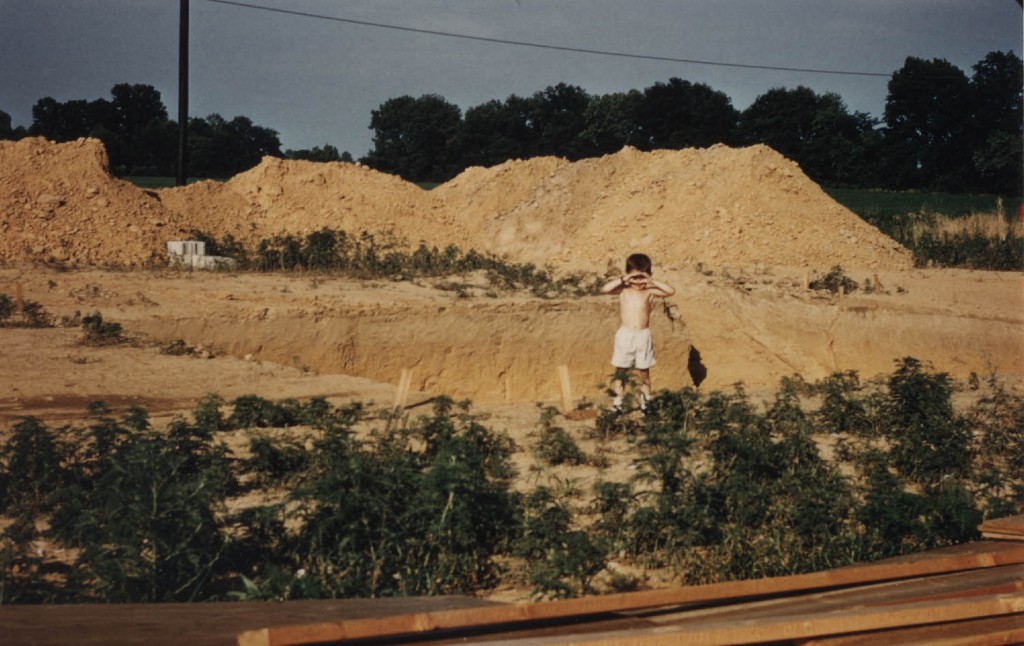
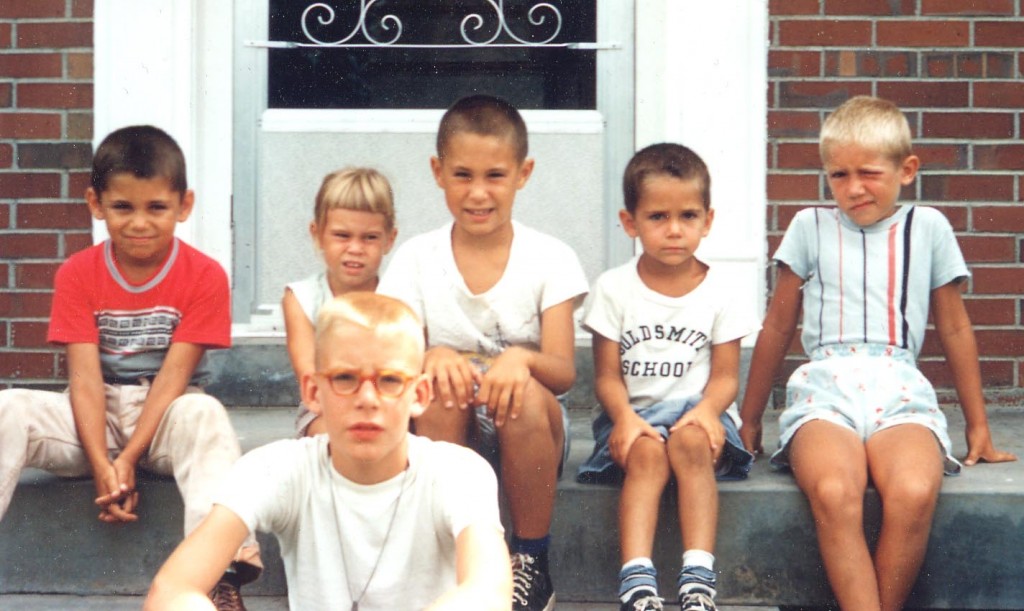
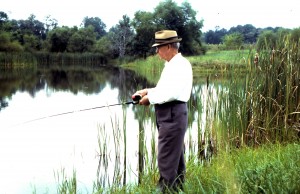
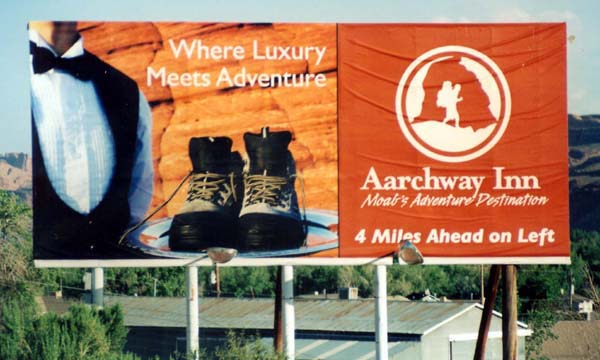


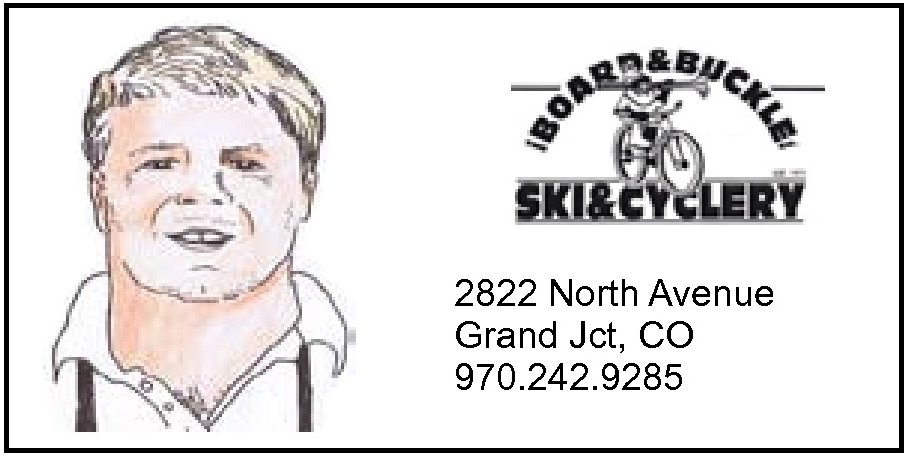
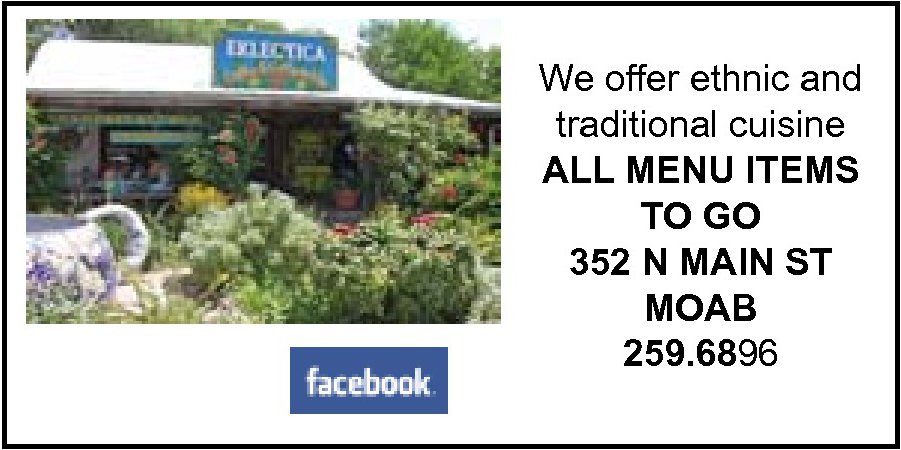



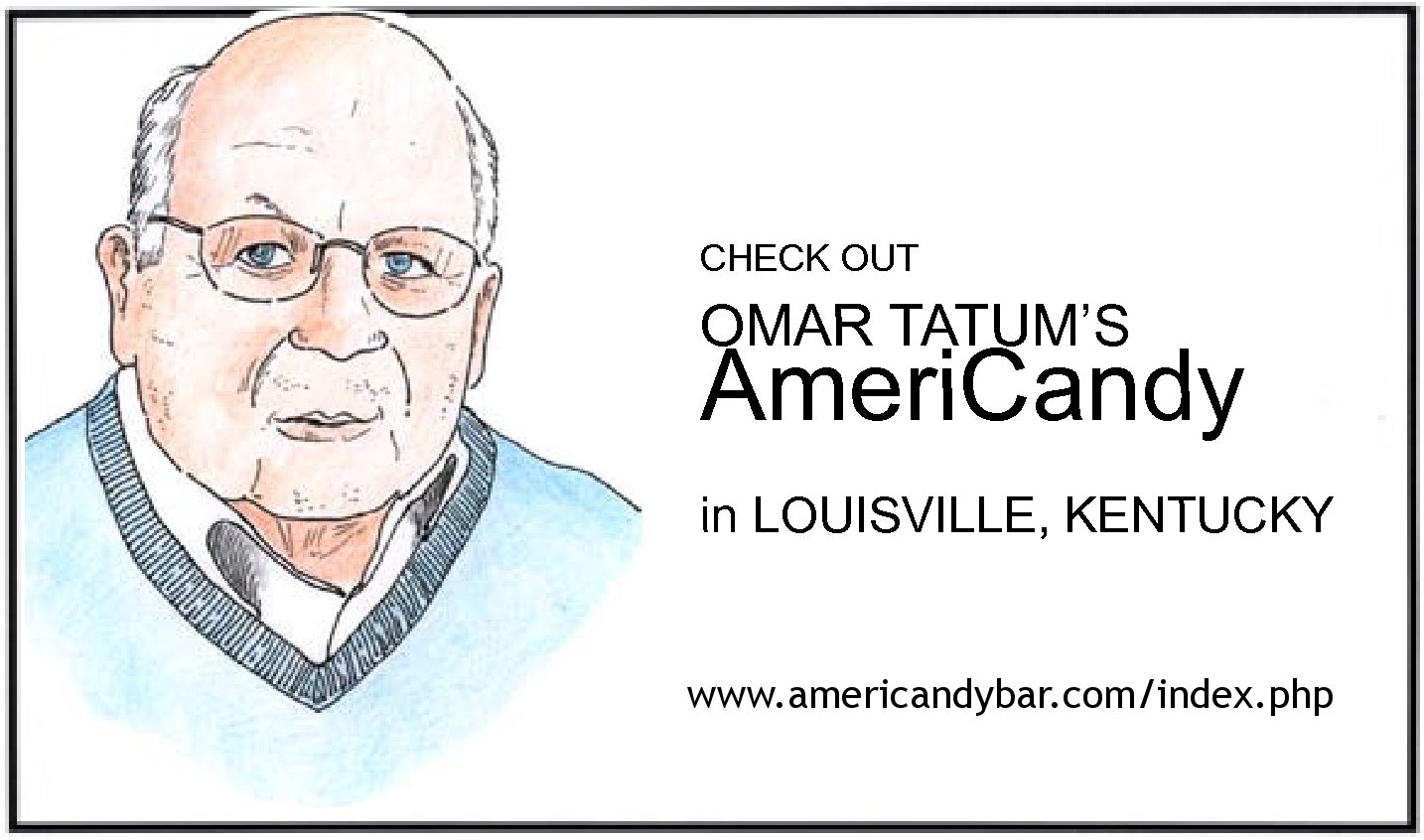

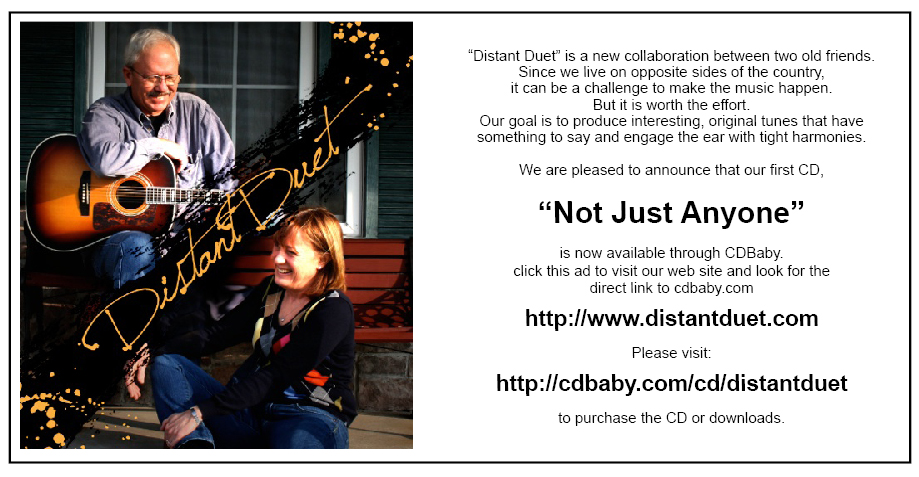
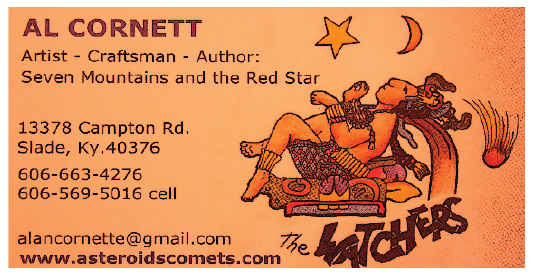


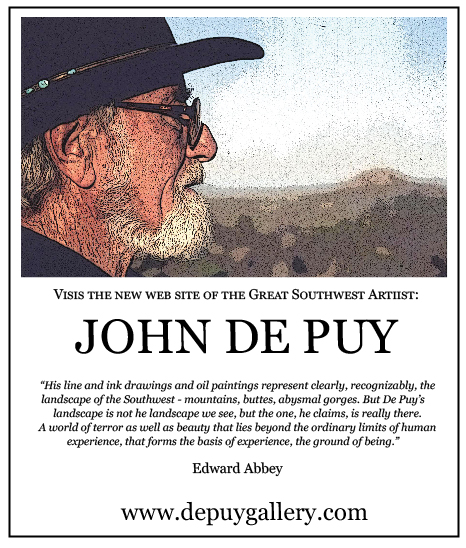

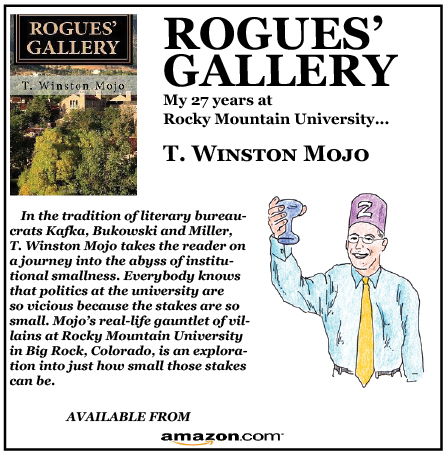
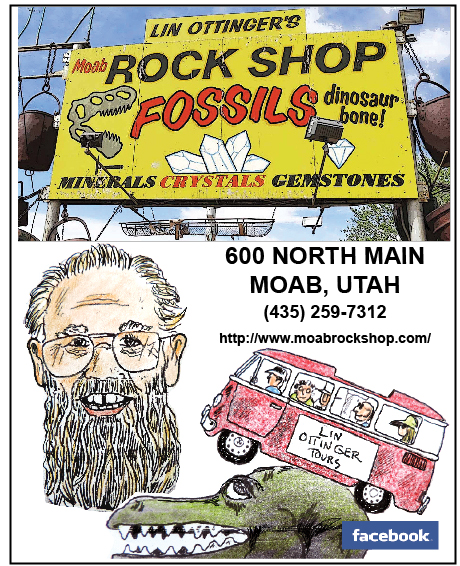
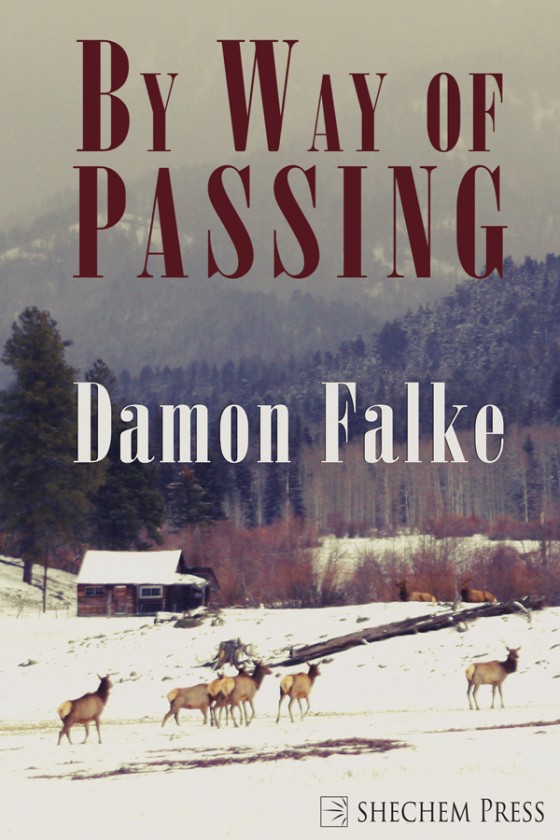
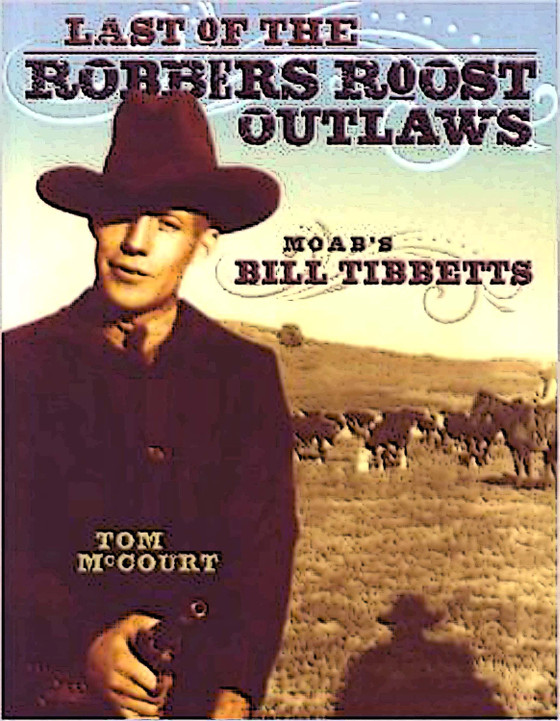
0 Responses
Stay in touch with the conversation, subscribe to the RSS feed for comments on this post.